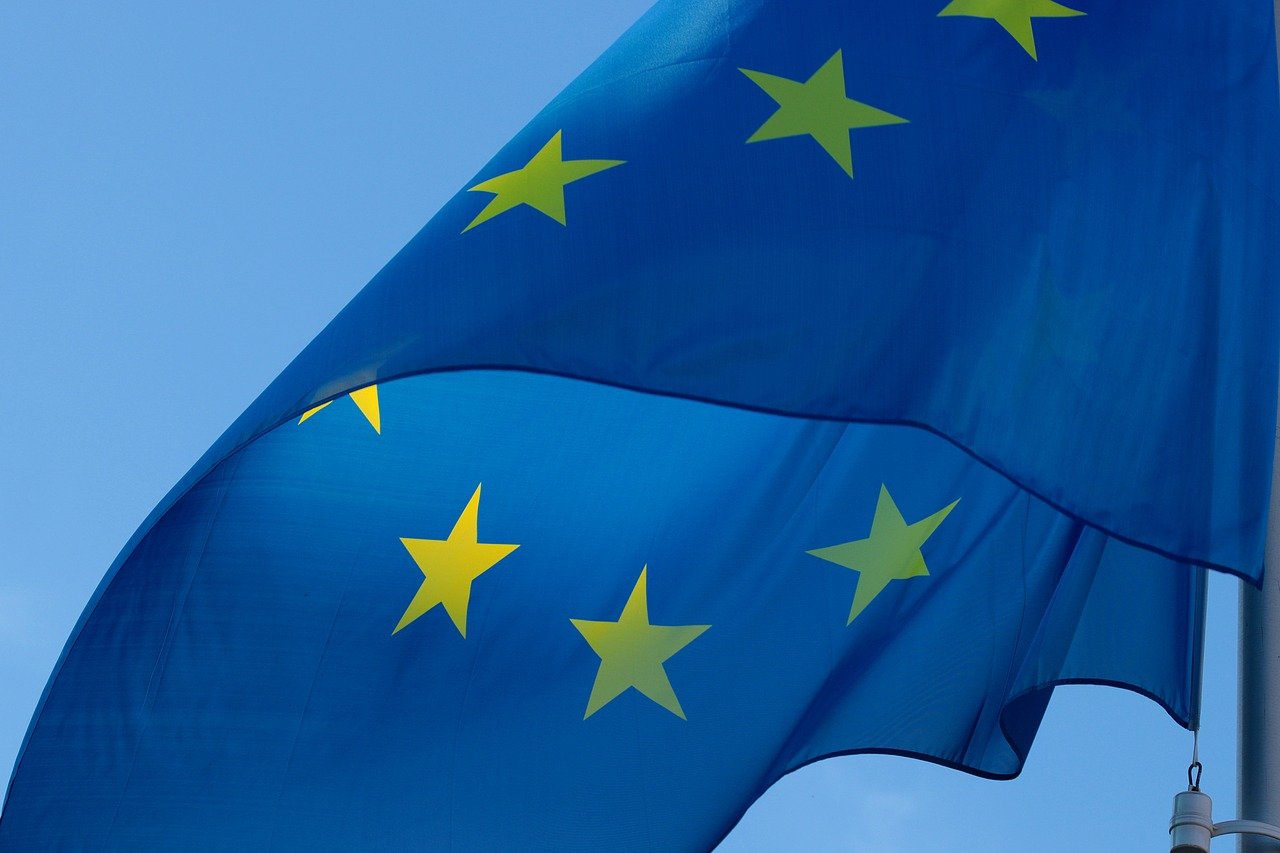The Netherlands’ recovery and resilience plan, worth EUR 4.7 billion, has been evaluated and approved by the European Commission. A significant portion of this money will be used for clean energy and decarbonization initiatives, such as offshore wind, green hydrogen, and sustainable shipping projects.
The Dutch Government finished the national plan in March this year and presented it to the European Commission in July. With the Commission’s approval, the Netherlands has now successfully completed the necessary steps to receive funding totaling EUR 4.7 billion from the EU under the Recovery and Resilience Facility (RRF).
The RRF is the main component of the NextGenerationEU plan of the European Union, which aims to allocate up to EUR 800 billion to assist reforms and investments that will help Member States strengthen their economies following the COVID-19 epidemic.
According to the European Commission, some of the Dutch national plan’s initiatives also support REPowerEU’s goals to swiftly reduce reliance on Russian fossil fuels and advance the green transition as well as the related 2022 country-specific energy proposal.
These include spending on energy-efficient homes and offshore wind projects, as well as a new energy law that is anticipated to make it easier to invest in the electrical system and for customers to sell their own renewable energy.





